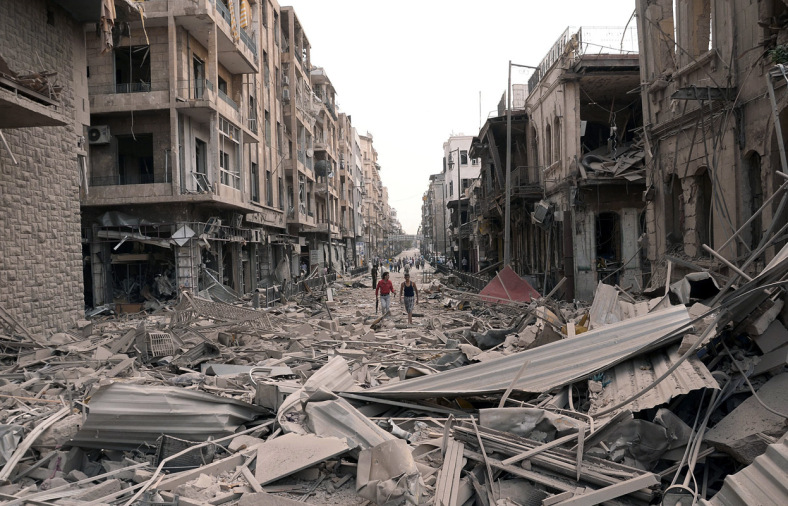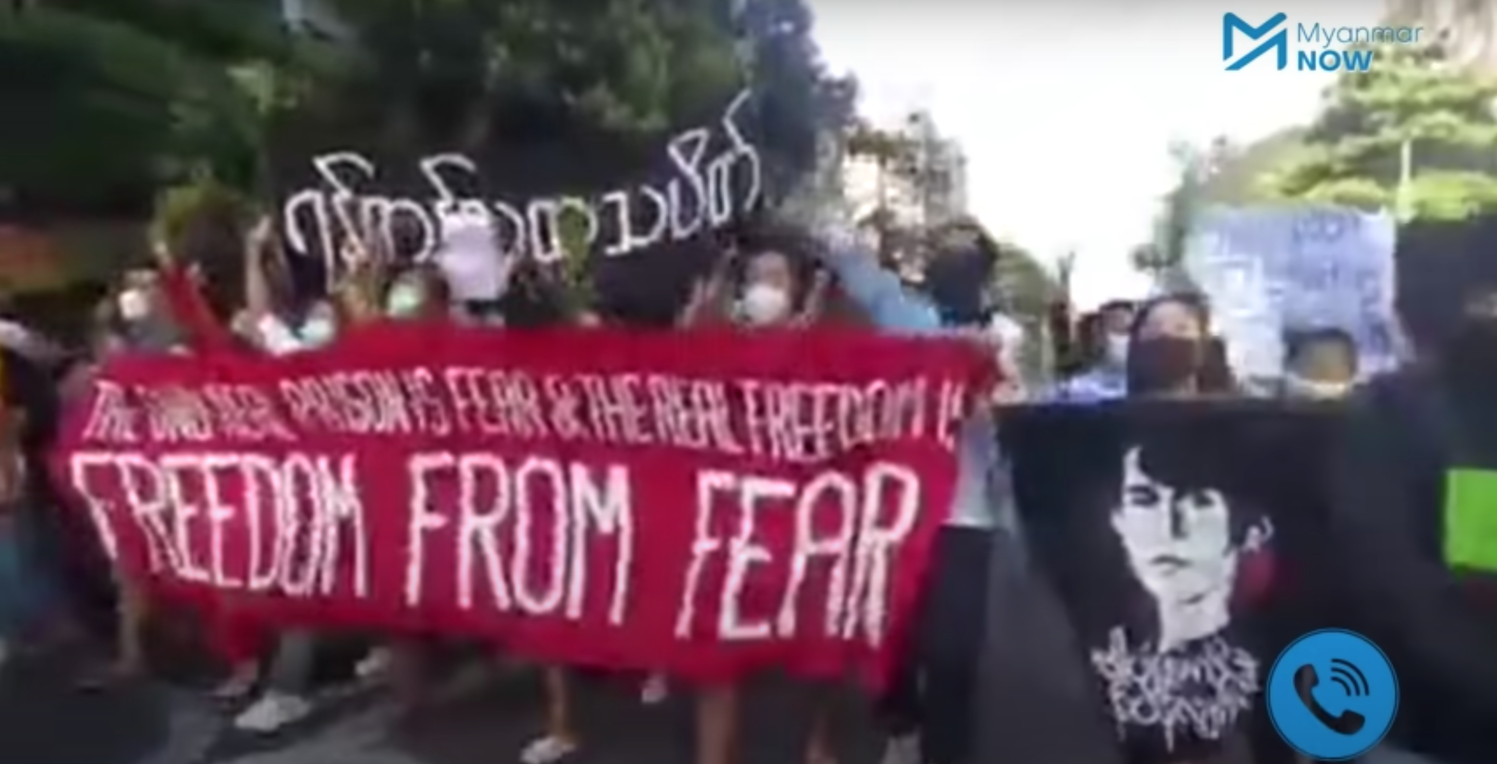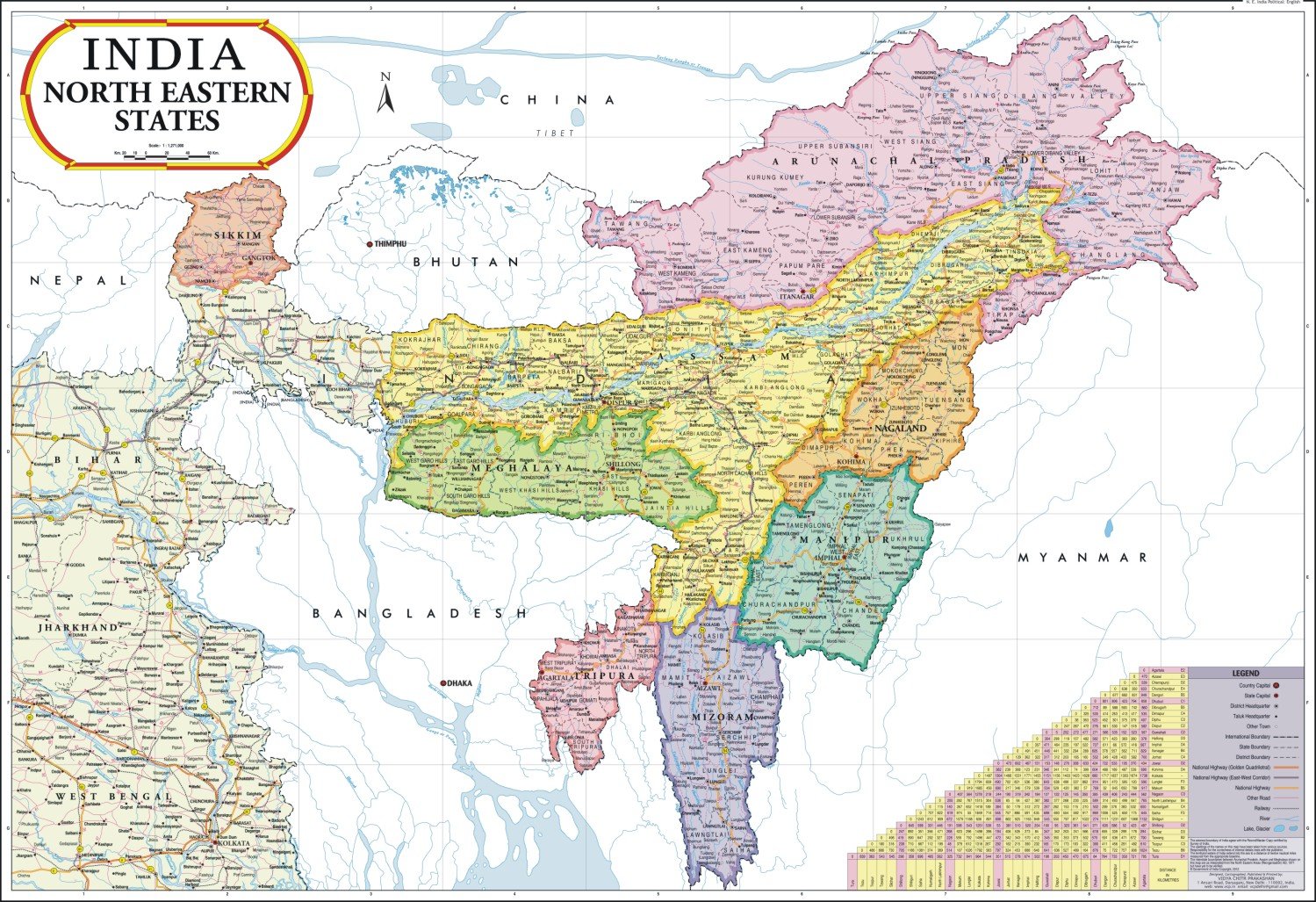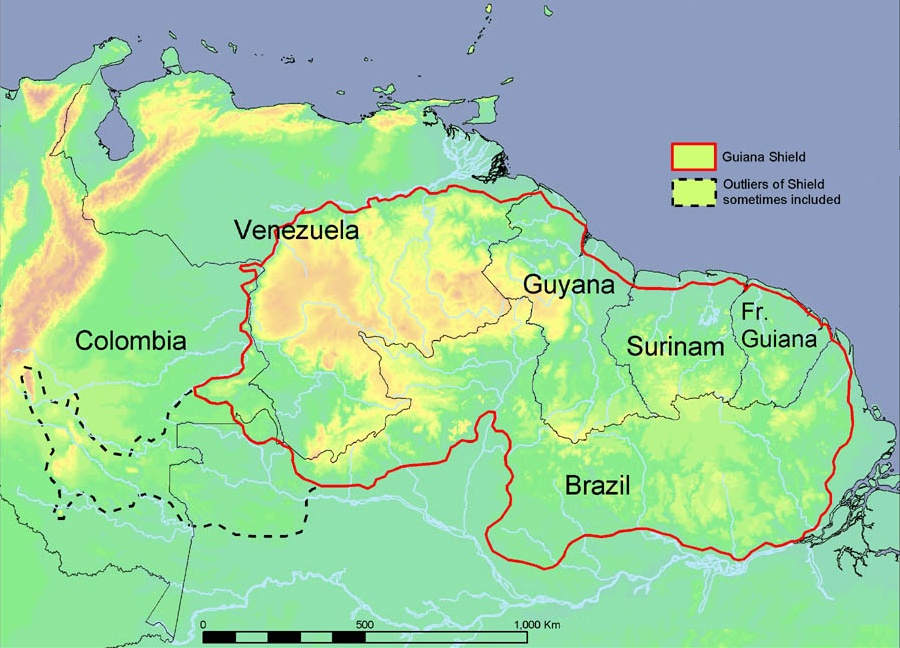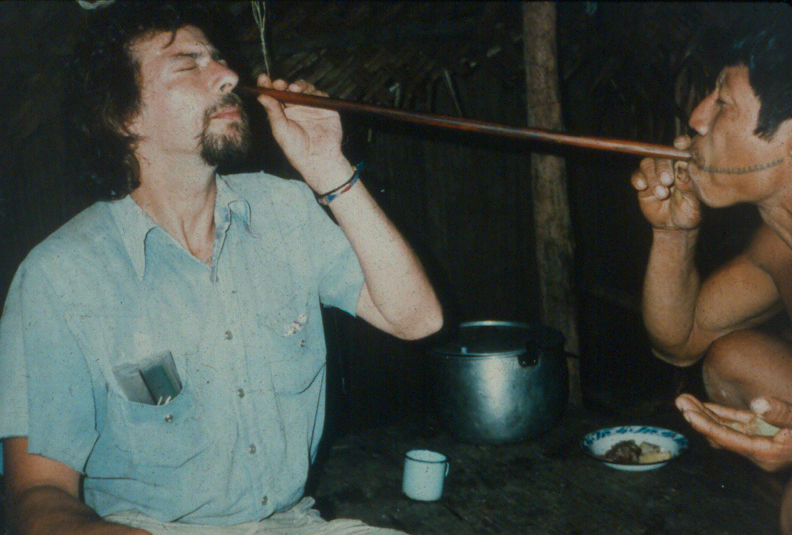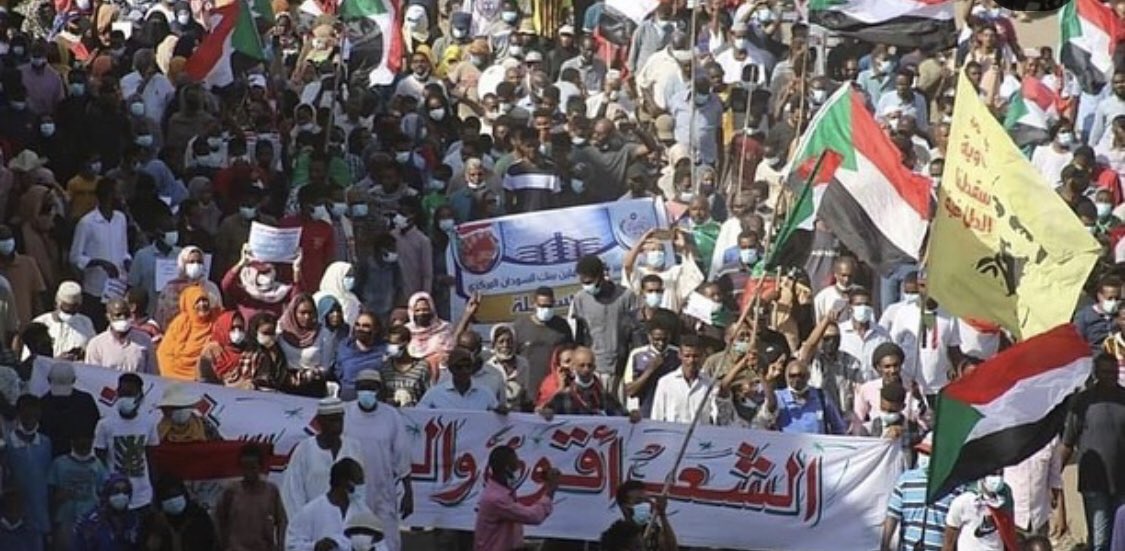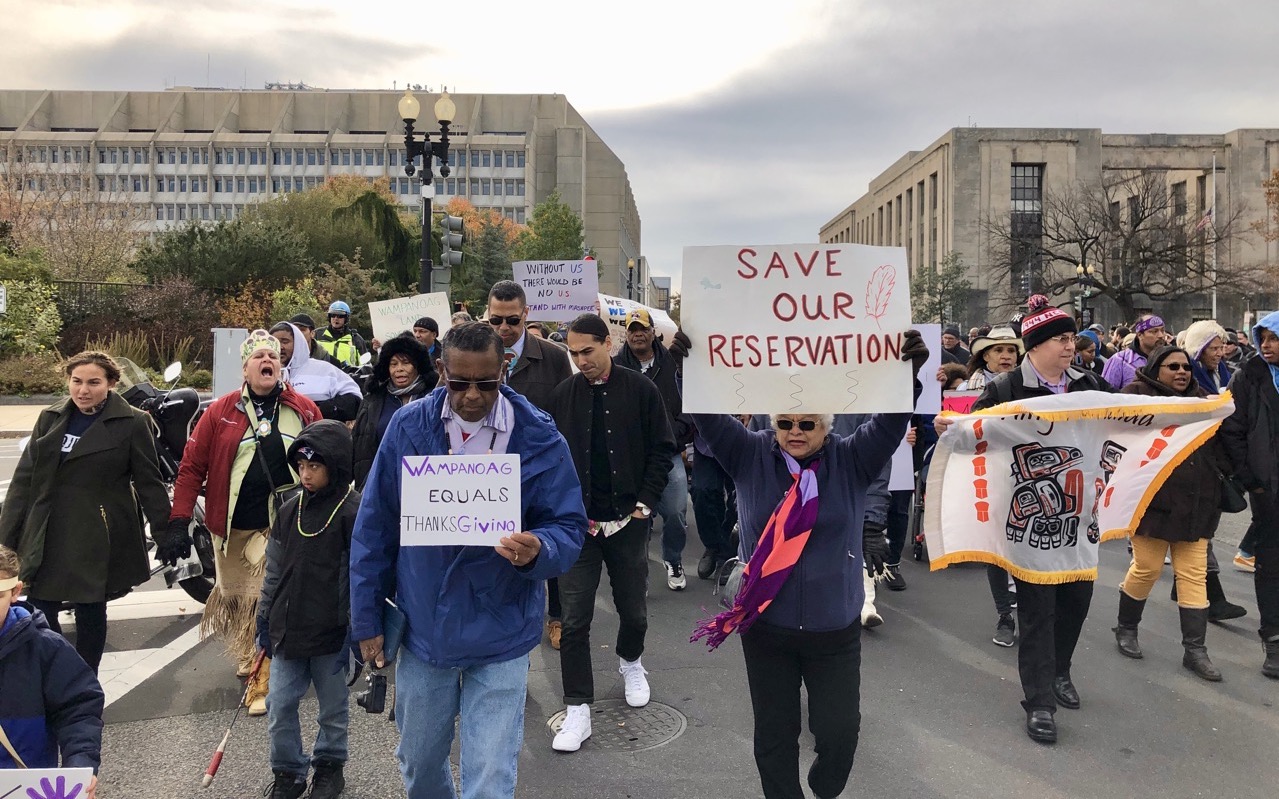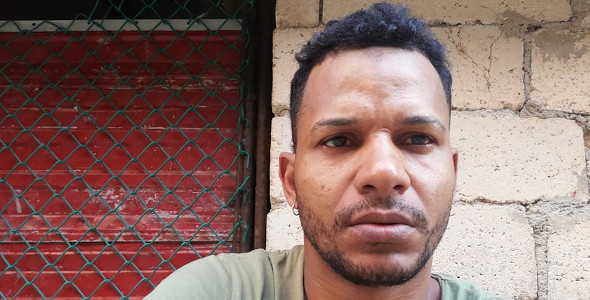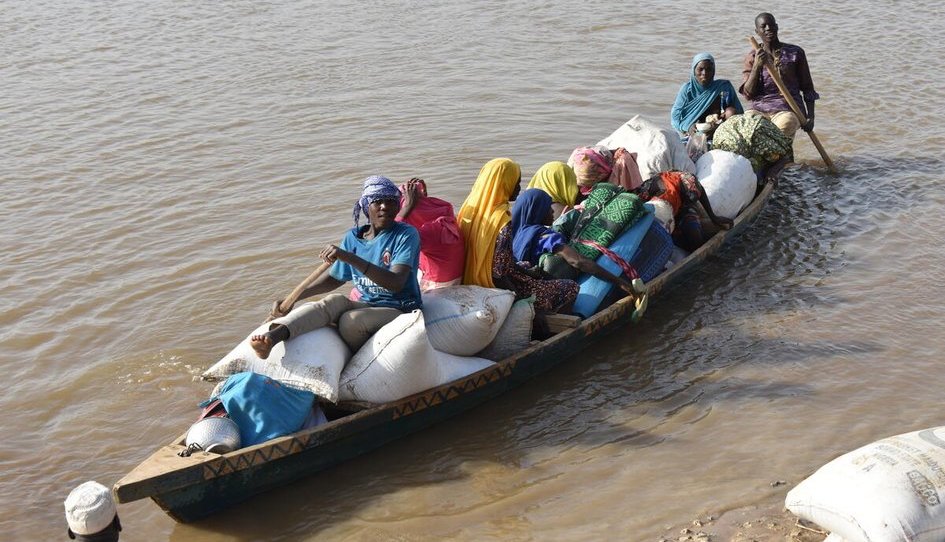
Water scarcity sparks clashes in Cameroon’s North
The UN Refugee Agency reports that “intercommunal clashes” in Cameroon’s Far North region have displaced thousands inside the country and forced more than 30,000 people to flee to neighboring Chad. At least 22 have been killed and 30 others injured. The fighting began in the border village of Ouloumsa following a dispute between herders, fishermen and farmers over dwindling water resources. Violence then spread to neighboring villages. Ten villages have been burned to the ground. The violence also reached Kousseri, Cameroon’s northern commercial hub, where the cattle market was destroyed and thousands forced to flee. (Photo: Aristophane Ngargoune/UNHCR)



